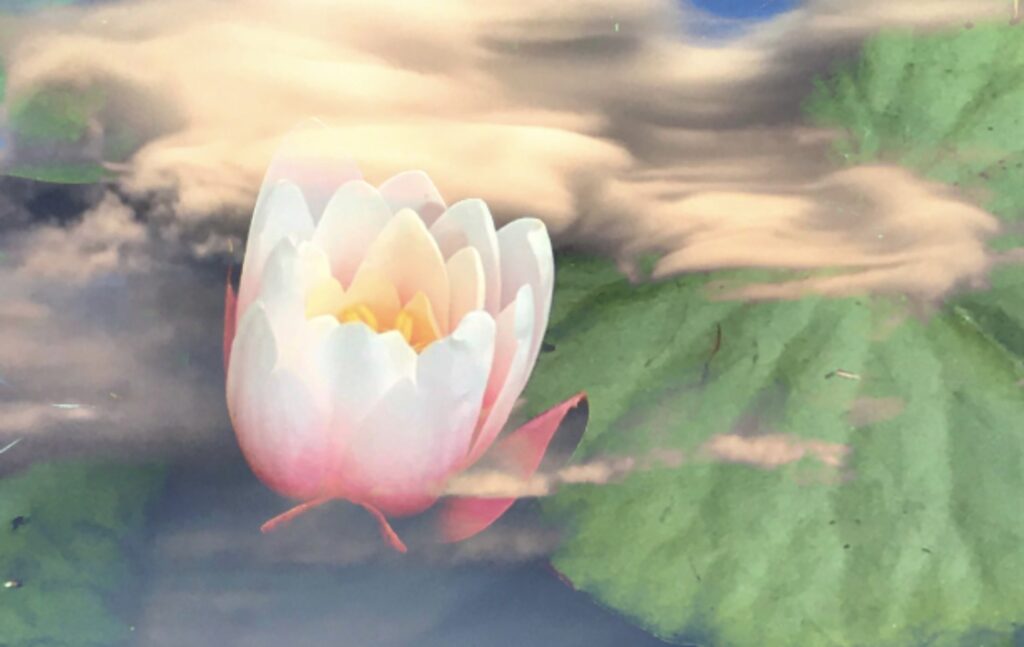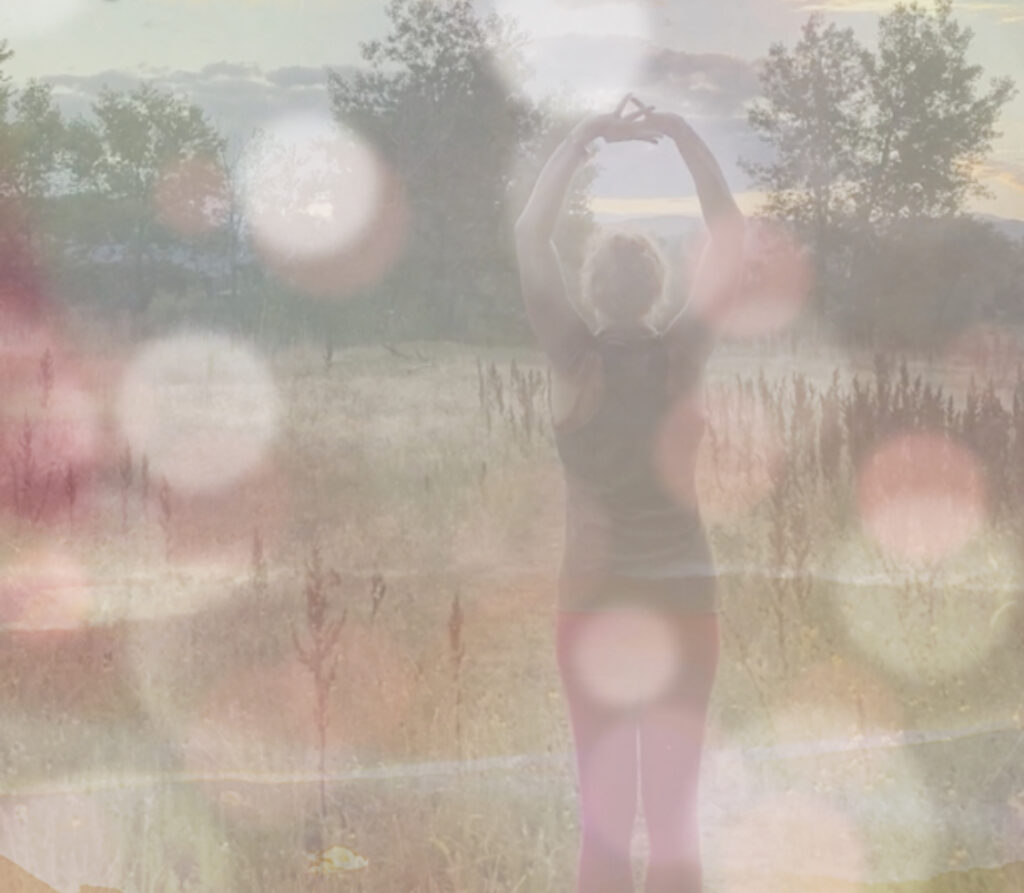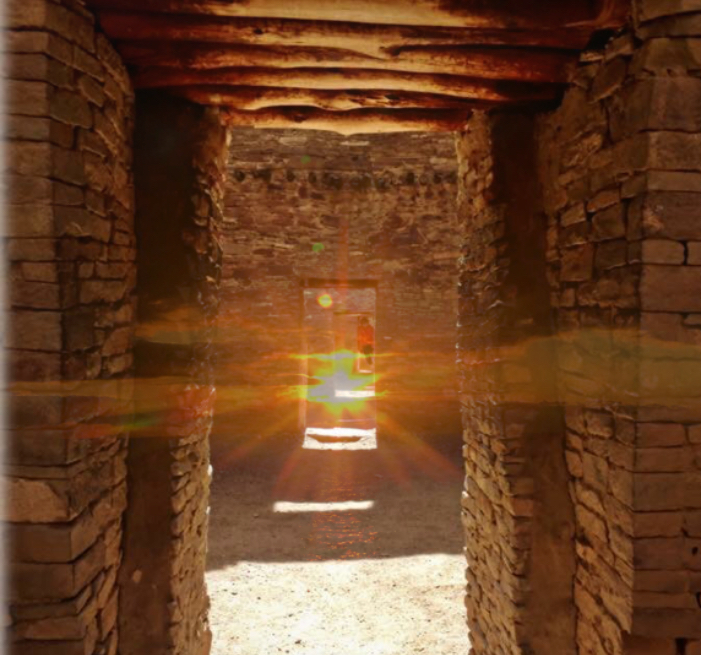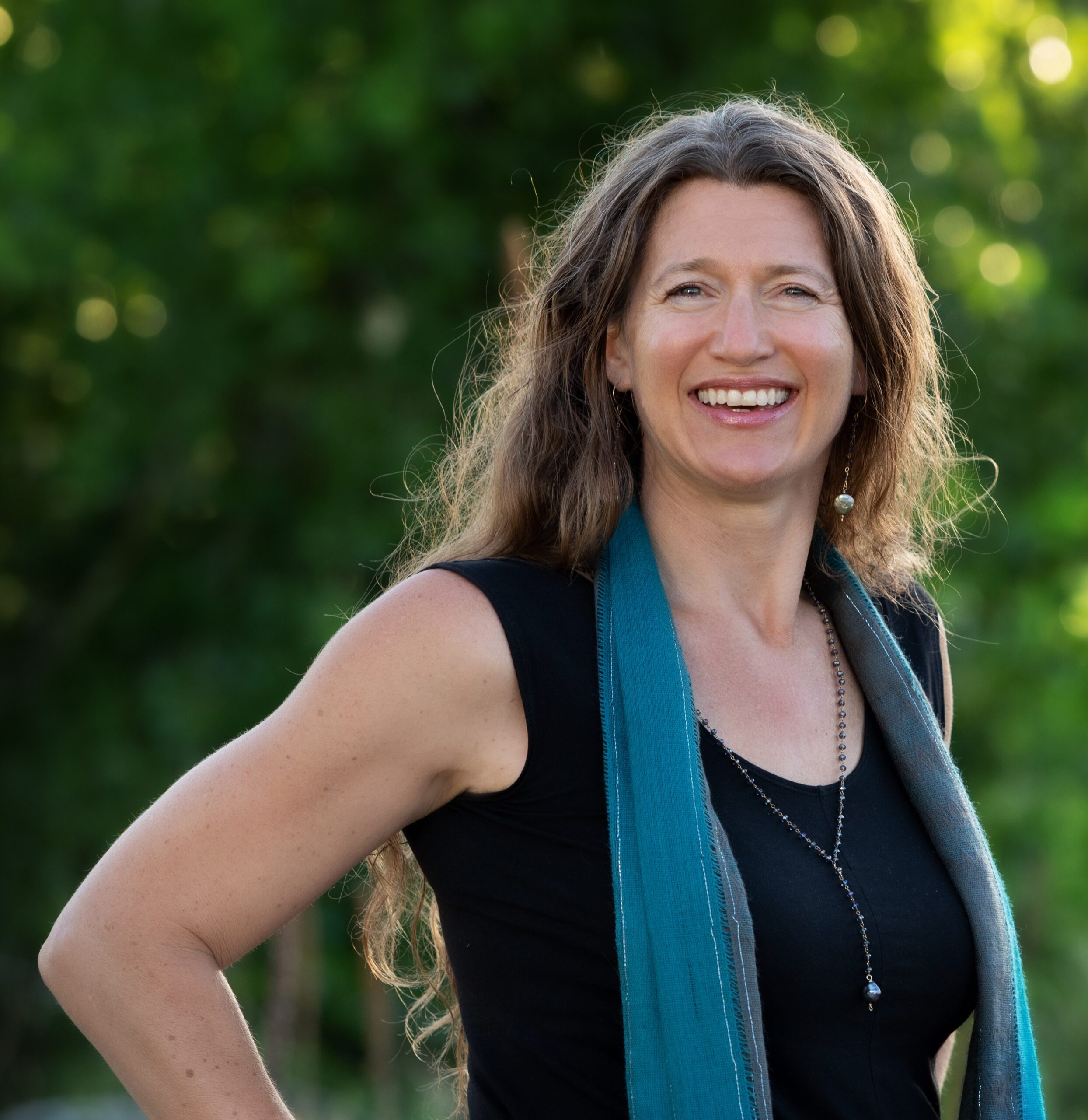
I invite you to think of collective trauma as a call to enter the transformational process of a hero’s journey. Collective trauma refers to the impact of current or historical events that are experienced by groups of people, communities, and society as a whole.
American mythologist Joseph Campbell (2008) described the hero’s journey as a “monomyth,” in which a period of ease is tragically disrupted by a crisis that sends us into exile. The hero fights the dragon, retrieves the treasure, and returns to the community with new gifts and healing capabilities.
Clarissa Pinkola Estés, writes: “There will always be times when you will feel discouraged. I too have felt despair many times in my life, but I do not keep a chair for it; I will not entertain it. It is not allowed to eat from my plate.”
As I see it, we need to attend to our despair without letting our lives be defined by it. While we are capable of fighting dragons, we cannot fight them alone. While you may feel as though you have been thrown into an abyss; we can overcome these challenges. However, it does require that we have support. We need to go into the dark with our allies, those who stand by our side and help us courageously face the pain of the world.
Collectively, we can carry a light with us as we walk into the darkness. Ultimately, you can tap into you inner strength, wisdom, and hope which will allow you to emerge with an enhanced sense of meaning and purpose. These become the gifts that you have to offer to the world so that you can be a guiding presence for others.
Dr. Arielle Schwartz

Embodiment invites you into an exploratory process—one that is an ever-changing, dynamic relationship between you, your circumstances, your relationships, and the world. In other words, how you feel in your body will change depending on many factors, including what you eat, how you sleep, where you are, who you are, and what is happening around you.
Your somatic experience not only provides you with feedback about yourself, but also can give you insight into your relationships with others and your current environment. This is called intercorporeality, and it challenges the idea that your embodiment is independent of your surroundings.
Sometimes our bodies carry legacy wounds from our family lineage. This intergenerational trauma is the unresolved trauma that has been passed down across generations and, if left unaddressed, it might diminish your ability to breathe deeply, move freely, take up space, or use your voice.
Moreover, because we are inextricably connected to the world around us, your own embodied experiences might also be resonating with the nervous systems and emotions of others. Such moments illuminate that we have access to an inner knowing of experiences shared by our human collective a members of our global community.

Embodiment provides a safe space to turn toward these inherited wounds and reclaim a new sense of freedom. Attending to collective trauma involves recognizing that we are not alone in our grief or our need find a meaningful path forward. Having an embodiment practice amidst challenging times can be grounding and also help us feel empowered to take meaningful actions in a changing world.
Even though you might feel numb or want to run away from the pain, explore the resources that help you to step forward toward the discomfort. Psychotherapy, community gatherings (even those that still meet online), journaling, time in nature, or mindful embodiment practices can all help you lean into discomfort at a pace that is right for you.
Since most of our wounds occurred in relationships, trauma typically needs to be repaired interpersonally within a safe community. Here lies the intersection between personal healing, the well-being of your community, and the health of our planet. We all need each other to heal these the wounds of our past. This need for connection is especially true when we are grieving.

Grief is profoundly raw and, at its core, a form of social communication. Consciously making space for grief is essential if we are to heal our collective wounds. When attending to each other’s grief, it is important to remember that grief needs presence. Nothing more. It is not necessary to say the “right” thing because there is no “right” thing to say. It is not necessary to have the answer because sometimes there are no answers.
It is important to simply let each other know that we are there and that we are not afraid. Sometimes this involves being there and sitting in silence, breathing, or offering a nod of reassurance. Overall, being with someone in grief is about holding an outer container so that the person in grief can go on the inward journey needed during this vulnerable time.
Some days you might be receiving support, and other days you might be giving support to another. However, so long as we all play our part in this exchange, we can facilitate an interconnected web of community.

Sometimes when we try to connect to the body, we are initially confronted with our own numbness. Perhaps you feel disconnected or frozen in shock. In these moments, I invite you to gently, lovingly hold yourself, knowing that your body is telling you a story about fear. Simply by acknowledging that you are in a threat response, you will invoke a form of self-compassion. A freeze response is one way that your body says “I am overwhelmed”.
Without force, I invite you to acknowledge that underneath the frozen surface lies a well of feelings. Listen for the subtle signs of life within you. You will thaw when you are ready. On this subject, I will share a poem I wrote about feeling frozen. Perhaps you will relate.
Thawing the Freeze
Yesterday the soft surface of the water,
a sign of spring,
invited us to welcome the potential of rebirth.
How quickly the ice forms again
when a brisk cold front moves in.
In a flash, these storms harden everything in sight.
Like the world, caught again in the grip of fear,
I, too, await the thaw.
In the meantime, I listen for the signs of life
caught just under the frozen surface.
The current of water moving,
a wing of a bird against the cold air,
my hand over my beating heart.
Do not lose sight of the sun,
the powerful force
that can awaken you
to love again.

Your pain can serve as a doorway that can help you feel greater compassion for the pain felt by others. Once you feel empowered, you might sense that you have a responsibility to help empower others. Or, perhaps a prayer for the well-being of others spontaneously arises from within.
Transformed by the journey through collective trauma, the hero becomes a mature adult capable of holding complex feelings and ideas in a world that can cause harm. Maturity involves recognizing that it common to feel conflicting or contradictory emotions, needs, and aspects of ourselves that may both be true. For example we might sometimes love and be angry at the same person. The more that we accept these dichotomies in ourselves, the better we will be at handling differences and conflicts with others.
Doesn’t our world need more of this?
Here is a short video share on collective trauma, about building trust with our soma and soul through compassionate inquiry. This process involves an intention to listen without judgement to the “symptom” and with an intention to understand rather than to “fix”. This is a practice for self, other, and can be applied to all levels of communication within any system. From my heart…

Arielle Schwartz, PhD, is a psychologist, internationally sought-out teacher, yoga instructor, and leading voice in the healing of PTSD and complex trauma. She is the author of five books, including The Complex PTSD Workbook, EMDR Therapy and Somatic Psychology, and The Post Traumatic Growth Guidebook.
Dr. Schwartz is an accomplished teacher who guides therapists in the application of EMDR, somatic psychology, parts work therapy, and mindfulness-based interventions for the treatment of trauma and complex PTSD. She guides you through a personal journey of healing in her Sounds True audio program, Trauma Recovery.
She has a depth of understanding, passion, kindness, compassion, joy, and a succinct way of speaking about very complex topics. She is the founder of the Center for Resilience Informed Therapy in Boulder, Colorado where she maintains a private practice providing psychotherapy, supervision, and consultation. Dr. Schwartz believes that that the journey of trauma recovery is an awakening of the spiritual heart.

Arielle Schwartz, PhD, is a psychologist, internationally sought-out teacher, yoga instructor, and leading voice in the healing of PTSD and complex trauma. She is the author of five books, including The Complex PTSD Workbook, EMDR Therapy and Somatic Psychology, and The Post Traumatic Growth Guidebook.
Dr. Schwartz is an accomplished teacher who guides therapists in the application of EMDR, somatic psychology, parts work therapy, and mindfulness-based interventions for the treatment of trauma and complex PTSD. She guides you through a personal journey of healing in her Sounds True audio program, Trauma Recovery.
She has a depth of understanding, passion, kindness, compassion, joy, and a succinct way of speaking about very complex topics. She is the founder of the Center for Resilience Informed Therapy in Boulder, Colorado where she maintains a private practice providing psychotherapy, supervision, and consultation. Dr. Schwartz believes that that the journey of trauma recovery is an awakening of the spiritual heart.